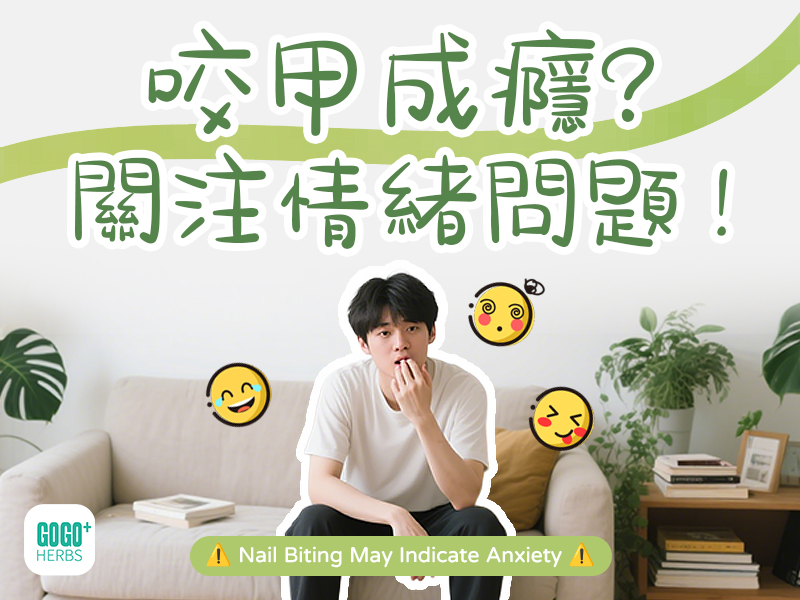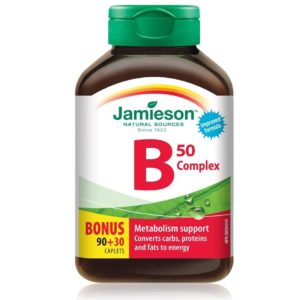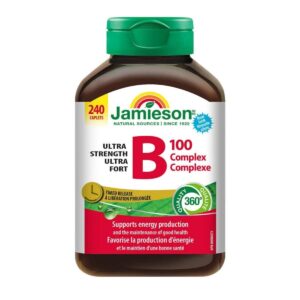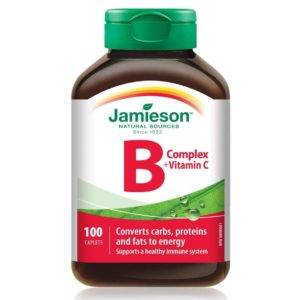
Nail Biting Addiction Concerns Emotional Issues
Many people have the habit of biting their nails when they are young, and it is usually corrected by their parents. However, when this behaviour turns into involuntary nail biting, even to the point where the fingers bleed, you may be suffering from nail biting fetishism. Psychiatrists point out that nail biting is not just a form of anxiety, but a "behavioural addiction" similar to smoking, and patients often need long-term medical intervention and psychological treatment to improve.
According to psychiatrist Dr H.K. Chang, about 20% of adolescents aged 10 to 18 in the United States have the habit of biting their nails. Conventional wisdom suggests that this is related to the developmental stage of the oral cavity or to the age of the teeth.Emotional AnxietyThis behaviour can also be seen in some perfectionists. When they are dissatisfied with the way things are done, they tend to developTroublesome MoodsIf you have nothing to do with your hands, you may start biting your nails.
So, how to define nail biting fetish? H.K. Chang explains that if a person is able to consciously control and stop nail biting behaviour, it does not fall into the category of nail biting fetishism; on the contrary, if a person continues to bite his/her nails unconsciously, he/she falls into the category of nail biting fetishism. Studies have shown that nail biting is most common in children and adolescents between the ages of 6 and 18 years, with about 60% to 70% having Attention Deficit Hyperactivity Disorder (ADHD). Nail biting behaviour is more common in these patients due to poor concentration and restlessness, but not all ADHD patients exhibit this behaviour.
You should seek professional help from a dermatologist or paediatrician to treat nail biting. Hanky Cheung shared a case of a 13-year-old girl who suffered from hair-pulling and kept pulling out her hair and eyebrows, which her parents initially thought was a case of "nail biting".Academic PressureAs a result, it was later discovered that the daughter was engaging in these behaviours unconsciously. It was only after the psychologist's assessment and continued treatment that the situation improved. This case illustrates that hair-pulling and nail-biting are similar "behavioural addictions".
There are some complementary treatments for nail biting addiction. For example, if the patient wears gloves on both hands or applies red nail polish on the nails, it may remind him/her to stop biting the nails when he/she sees the unusual nail colour. Alternatively, you can wear rubber bands or keychains on your hands and play with them to distract yourself from the urge to bite your nails.
Nail biting may seem like a minor problem, but if it develops into an involuntary behavioural pattern, it may be a behavioural disorder that requires professional intervention. Parents and patients should not ignore this problem and seek professional help in a timely manner in order to improve the condition.
Related Post:
Related Products:
-
Jamieson – Natural Vitamins B complex 50 120 capsules
Original price was: $168.00.$108.00Current price is: $108.00. Add to basket -
Jamieson – Vitamin B Complex & Vitamin C 100 Capsules
Original price was: $140.00.$118.00Current price is: $118.00. Add to basket -
Webber Naturals – Melatonin 5mg 400 capsules
Original price was: $188.00.$158.00Current price is: $158.00. Add to basket






































































